B4 – Tropical Peatland Management and Evaluation
Session > B4 – Tropical Peatland Management and Evaluation
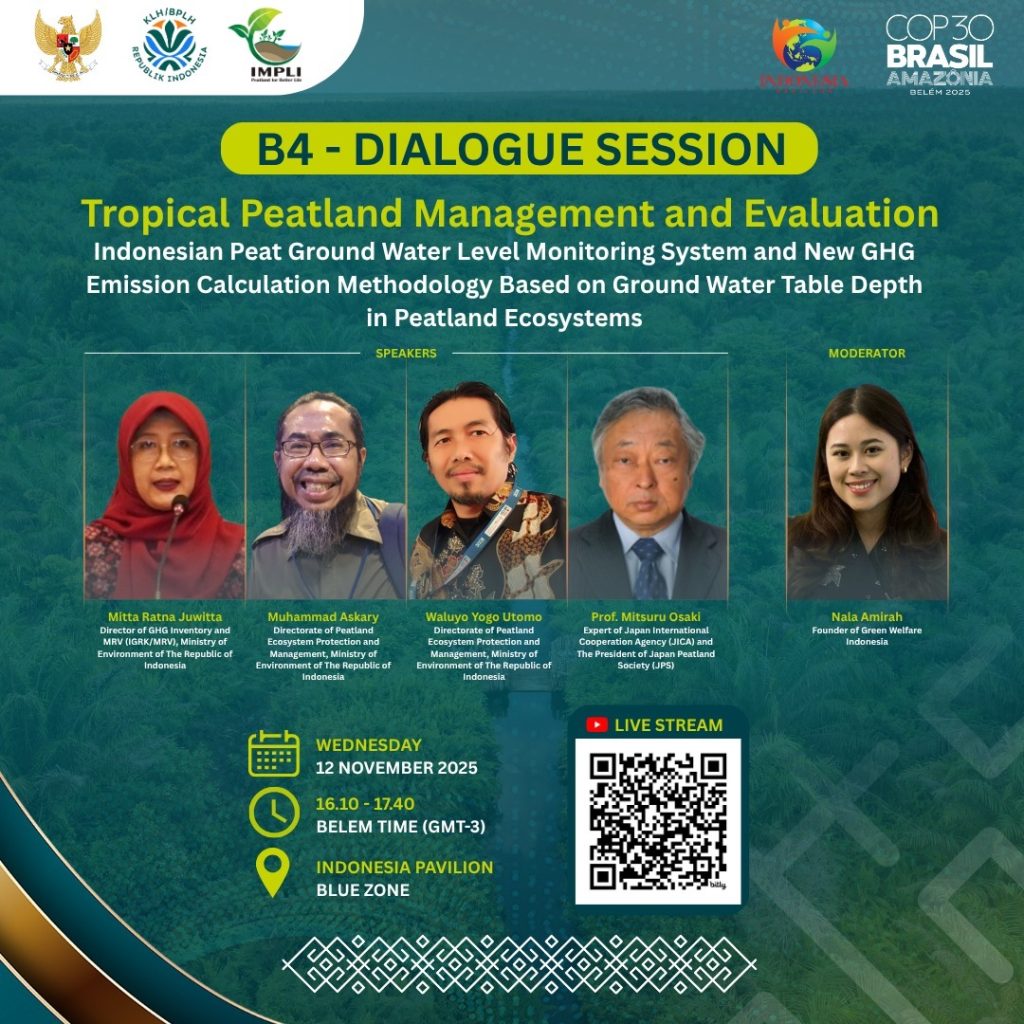
About
A. Background
Indonesia’s tropical peatlands, among the largest and most carbon-dense ecosystems globally, play a pivotal role in regulating carbon, water, and heat cycles. Recognizing their importance, the Government of Indonesia has advanced extensive restoration measures and incorporated peatland management within the FOLU Net Sink 2030 strategy. Nevertheless, critical challenges remain, including sustainable hydrological control, prevention of recurrent fires, integration with local livelihoods, and mobilization of adequate resources. Strengthened management and rigorous evaluation are thus essential to safeguard peatlands’ ecological functions and to reinforce Indonesia’s contribution to global climate objectives.
B. Objective and Output
This session is designed to highlight two interrelated innovations for tropical peatland management. It will underscore the transformative role of the Indonesia’s Climate Policy and Peatland Restoration, Indonesian peatland Ground Water Level (GWL) monitoring system, and the new methodology for GHG emission calculation based on ground Water Table Depth (WTD) in peatlands ecosystem. Based on this system and methodology approach, we can update of GHG emission level for each Peatland Hydrological Unity (PHU).
C. Target Audience
The event targets stakeholders engaged in peatland management and climate mitigation, including:
- National and subnational policymakers responsible for peatland protection, restoration, and MRV systems.
- Technical experts and researchers working on peatland GHG monitoring, flux measurement, and restoration science.
- International organizations and UNFCCC bodies seeking methodologies for peatland inclusion in reporting and accounting.
- Private sector actors in forestry, plantation, and carbon markets exploring peatland-based mitigation solutions.
- Civil society and academic institutions advocating for peatland sustainability and community- based fire prevention.
Diversity and gender balance will be ensured, with the inclusion of international delegates to stimulate cross-country learning
D. Session Format
By bringing these themes together, the session aims to:
- Articulate the role of the Indonesia’s Climate Policy, Peatland Monitoring and Restoration as a strategic innovation that reconciles agricultural productivity with peatland ecological restoration.
- Affirm the new methodology for GHG emission calculation based on Ground Water Table Depth (GWTD) in peatlands ecosystem within the FOLU Net Sink 2030 framework.
- Facilitate informed dialogue among policymakers, researchers, and practitioners on embedding innovative cultivation systems and robust monitoring approaches into national and global climate strategies.
Through these objectives, the session will consolidate scientific insights and policy dialogue, contributing to strengthened peatland management and Indonesia’s leadership in climate action.
Live Stream
Presentations
Speakers
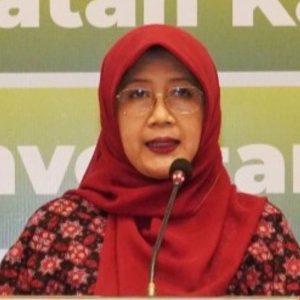
Mitta Ratna Juwitta
Director of GHG Inventory and MRV (IGRK/MRV), Ministry of Environment of The Republic of Indonesia
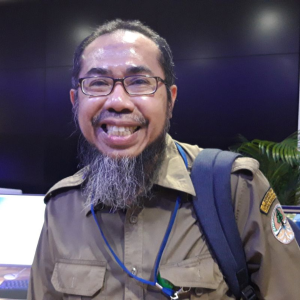
Muhammad Askary
Directorate of Peatland Ecosystem Protection and Management, Ministry of Environment of The Republic of Indonesia

Waluyo Yogo Utomo
Directorate of Peatland Ecosystem Protection and Management, Ministry of Environment of The Republic of Indonesia
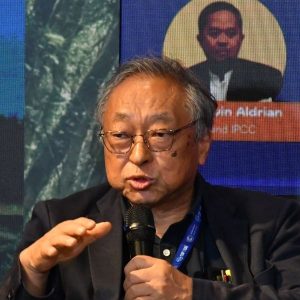
Prof. Osaki
Japan International Cooperation Agency (JICA)
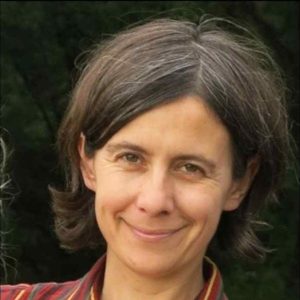
Dr. Franziska Tanneberger
Director of Greifswald Mire Centre (GMC), TBC (Theme) Peatland Restoration: Beyond Emission Reduction
Moderator


“Global Mutirão” (collective efforts). The 30th session of the Conference of the Parties to the United Nations Framework Convention on Climate Change. The conference aims to move from ambition to action, with a specific focus on implementation and results-oriented platforms where stakeholders can innovate, invest, and lead to accelerate climate progress.
Contact Us
CENDEKIA MULIA KOMUNIKASI
Crown Palace Blok B 16 Jl. Prof. Dr. Soepomo No.231 Jakarta Selatan 12870
Our Email
sekretariatindonesiapavilion@gmail.com
Our Phone
(021) 8370 3256
Our Fax
(021) 8370 3261
COP 30 Locations
Copyright © 2025 indonesiaunfccc.com All Rights Reserved.
